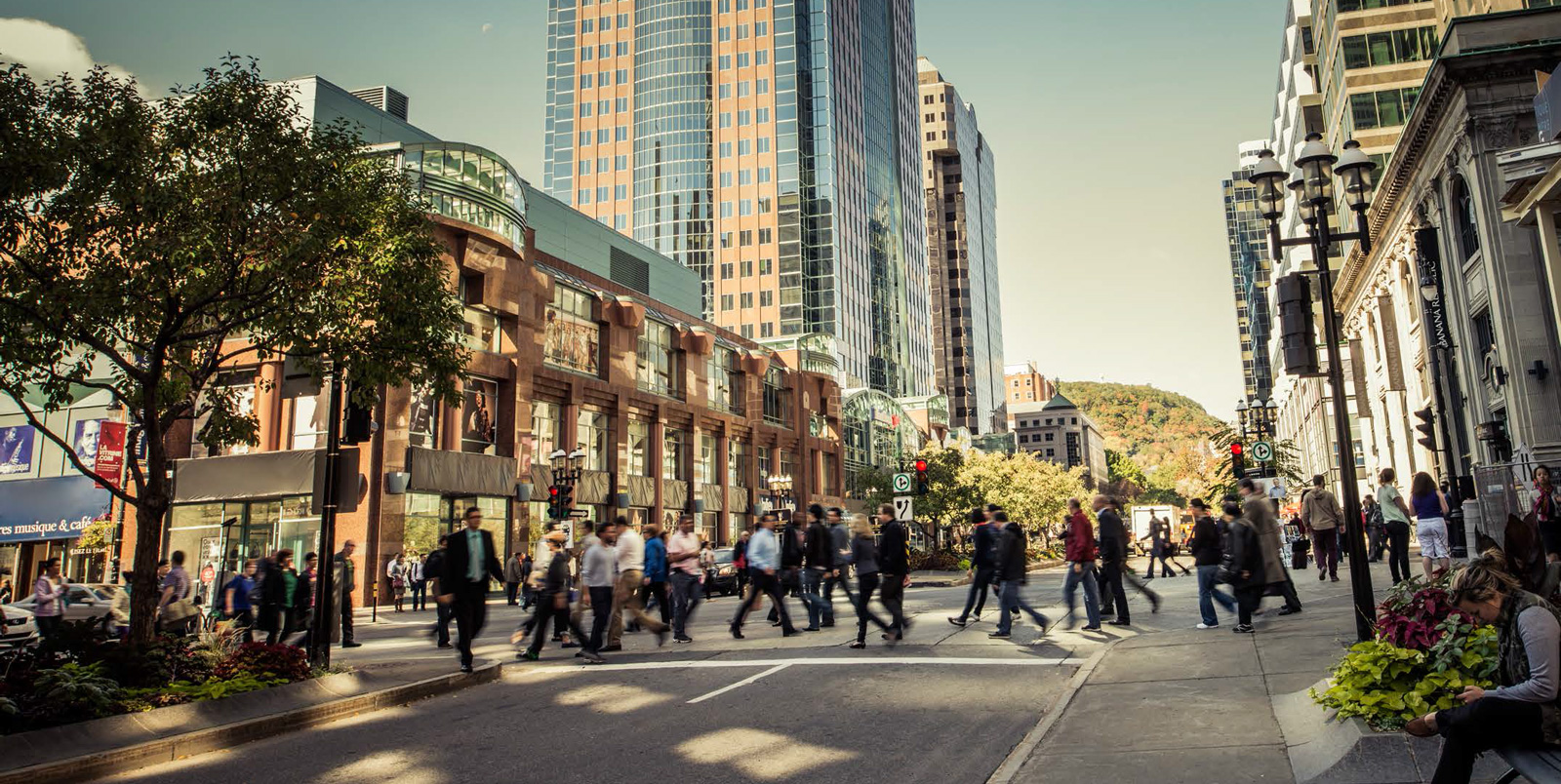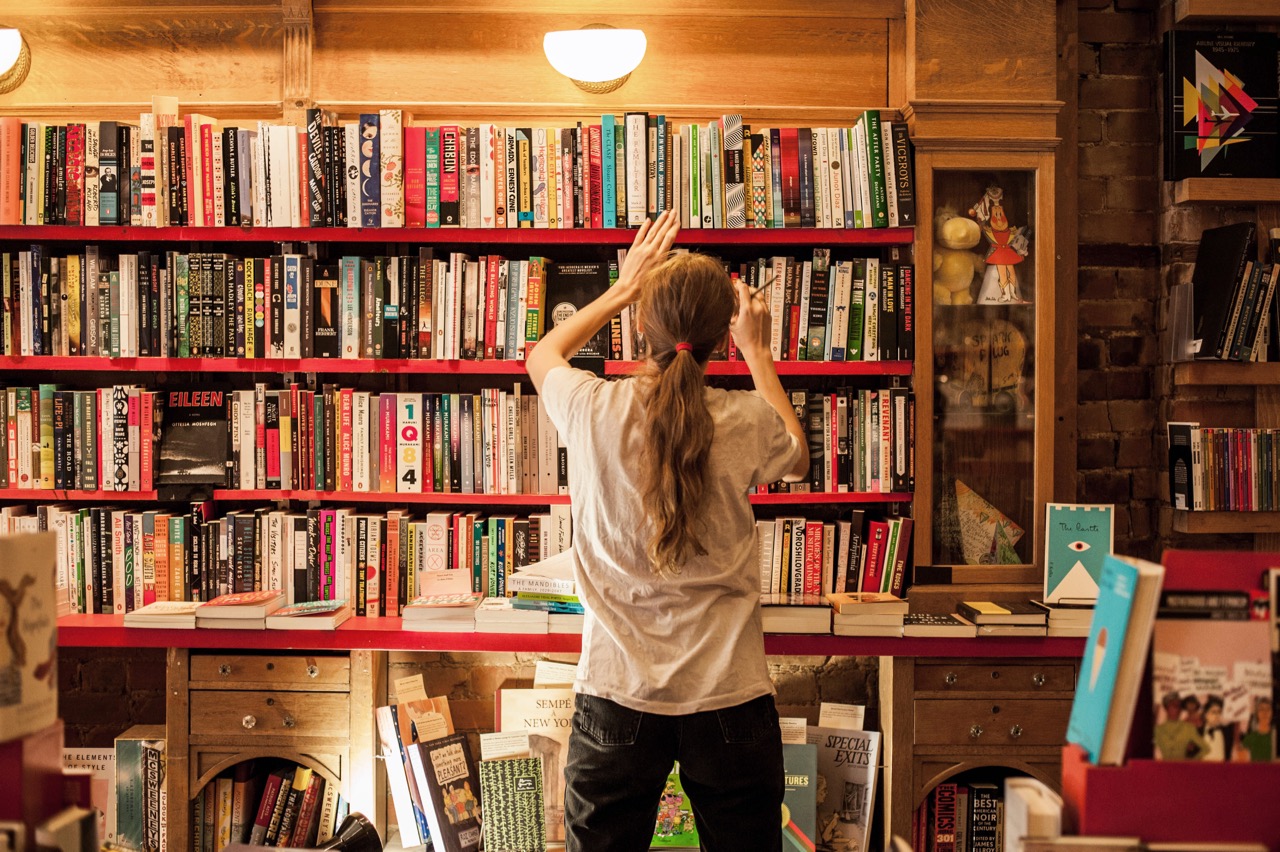According to the CCPA’s Gender Gap Index, Montreal was ranked 24th out of 26 cities in Canada for best cities to be a woman. Not to worry… The CCPA’s Gender Gap Index was created to give us a better understanding of gender disparities and to find solutions to fix those gaps.

Credit: Go! Montreal Tourism
The following ranking is to be used as an indication only and compares the 26 biggest Canadian cities. Below (and in order) are the best cities in Canada to be a woman:
1. Kingston, ON
2. St. John’s, NL
3. Victoria, BC
4. Hamilton, ON
5. Vancouver, BC
6. Ottawa, ON
7. Sherbrooke, QC
8. Toronto, ON
9. Greater Sudbury, ON
10. Gatineau, QC
11. St. Catharines-Niagara, ON
12. Saskatoon, SK
13. Abbotsford-Mission, BC
14. Oshawa, ON
15. Winnipeg, MB
16. Kelowna, BC
17. Kitchener-Cambridge- Waterloo, ON
18. London, ON
19. Quebec, QC
20. Windsor, ON
21. Calgary, AB
22. Halifax, NS
23. Regina, SK
24. Montreal, QC
25. Edmonton, AB
26. Barrie, ON
The Gender Gap Index questions if men and women in 26 of Canada’s largest cities with populations over 150,000 have equal access to resources and fundamental opportunities. Those cities are then ranked based on a number of points in 6 separate categories: economic security, education, health, leadership, security, and overall ranking.

Credit: Local Montreal Food Tours
According to the CCPA, it is obvious that no single measure or index can capture the complexity of women’s lives and reflect the uniqueness of each community. This report does not address the conditions of women living in smaller communities, rural or remote areas and does not address critical differences between women, such as age or disability, that are vital to our understanding of women’s inequality and experience of discrimination.
Here are some very interesting statistics about women in Montreal, all taken from the CCPA Gap Index Report: women aged 15 to 64 reported above-average employment levels in 2016 (72.0% vs. 70.6%), putting Montreal in 13th place among Canada's biggest cities.
75.1% of female workers in Montreal are employed full-time. The gender gap in full-time work is narrower than the national average (86.8% vs. 84.5%) due to men’s below-average employment rates.
Women’s average employment income was higher than the national average in 2016, reaching $29,300. On average, a male with the same education, experience, and position makes $37,340 in annual salary - meaning that women in Montreal only earn 78.5% of what men take home. Where is the fairness in this equation?
Most women living in Montreal hold post-secondary degrees. If we look at women aged 25 to 64, 38.5% are university graduates and 36.5% are college, CEGEP or trade school graduates. Overall, more women attend college/university versus the male population.
Women currently make up just over one-third of elected officials (including mayors and city councillors). This percentage is above the average for other large cities (34%). However, in other industries, the statistic drops. For instance, women only hold 30.6% of management-level jobs in 2017, one of the lowest levels among large cities and down from 34.6% in 2013.
What do you think of these statistics? Did any of them surprise you? Do you live/have you lived in any of the 26 cities that were ranked?
